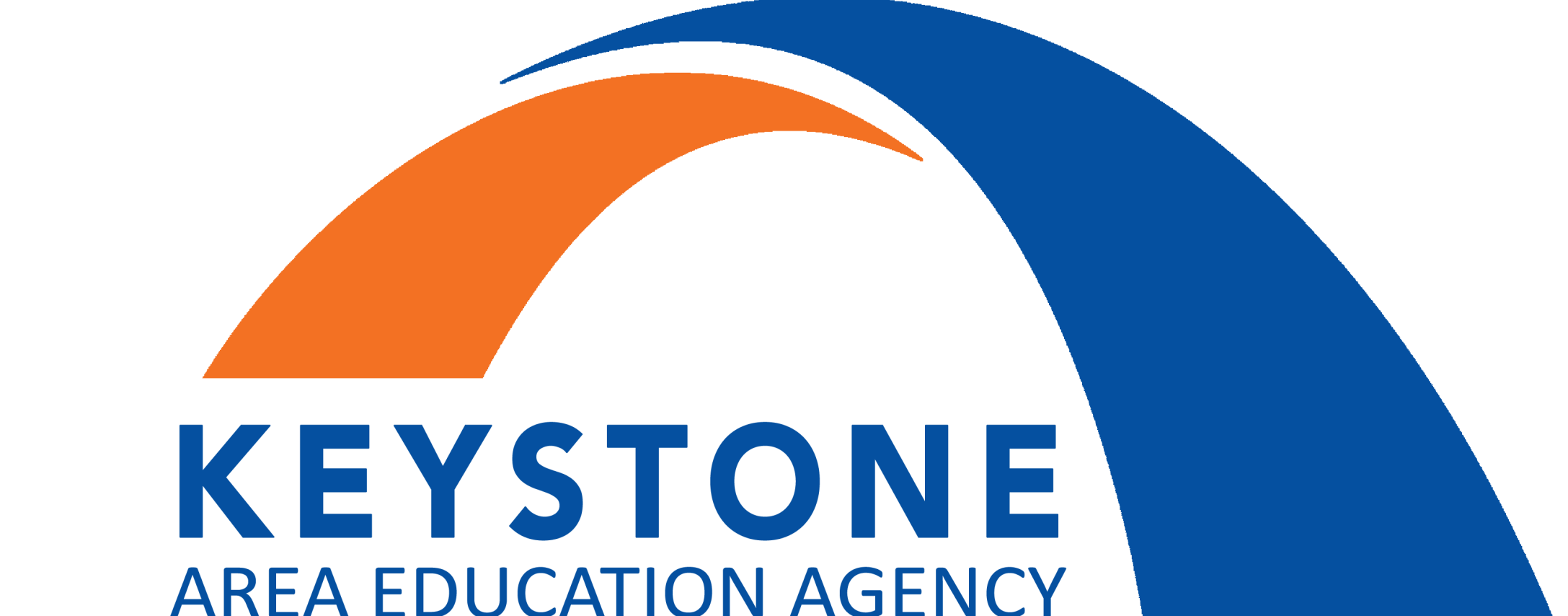Keystone AEA partners with Central Rivers AEA for Assistive Technology services. The Assistive Technology (AT) Team is comprised of speech-language pathologists, occupational therapists, technology specialists, team reps and educational services staff with expertise in assistive technology.
Team members provide tiered levels of support – universal, targeted, and intensive – to help educators use AT to meet the unique needs of students. Referrals for AT support are submitted by AEA core team members. Services provided by the AT Team may include student-specific consultations, tailored recommendations, guidance on device trials and access to a wide range of assistive technology resources through the AEA’s media collection. AT services are available to all districts within the AEA.
What is Assistive Technology?
Assistive technology in education refers to the use of specialized tools, devices, software, and strategies to support students with disabilities in their learning and educational activities. The primary goal of assistive technology is to enhance the independence, functionality, and quality of life for students with disabilities. These technologies are customized to address a student’s unique disability or impairment, enabling them to overcome barriers in order to have access to a FAPE (Free Appropriate Public Education).
AEM-Accesible Educational Materials
Accessible Educational Materials (AEM) are learning resources, both in print and digital formats, that enhance access to general education content and grade-level standards for students with disabilities. AEM ensures that students with disabilities can acquire information in an equally effective and integrated manner, with ease of use similar to their peers without disabilities. These materials encompass printed and electronic textbooks and related core materials, designed to be usable by a wide range of learners, regardless of their individual needs or preferences. Students with disabilities have the right to have curriculum materials provided to them in an ‘alternative format’ and in a ‘timely manner’ when needed to access FAPE (Free Appropriate Public Education). Timely manner is defined in the Iowa Administrative Code Regarding Special Education (2007) as “at the same time as other children receive instructional materials”.
Resources
SETT Scaffold for Consideration of AT Needs
Note: The link will prompt you to make a copy for your use.
